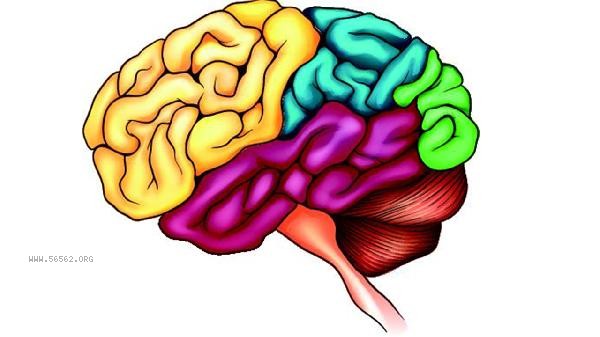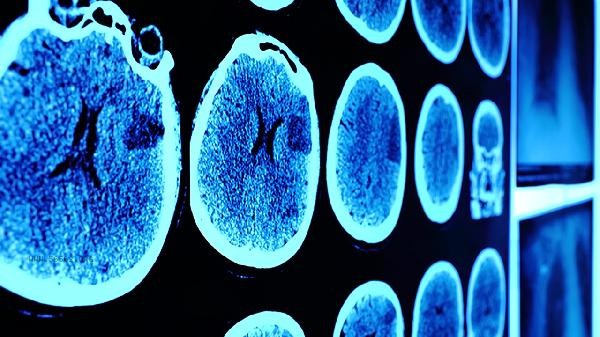Transient loss of consciousness in the brain may be caused by hypoglycemia, orthostatic hypotension, transient ischemic attacks, epileptic seizures, arrhythmia, and other factors. This condition usually manifests as sudden loss of consciousness, pale complexion, limb weakness, and other symptoms, with a duration ranging from seconds to minutes. Corresponding treatment measures should be taken according to the specific cause.

1. Hypoglycemia
When blood sugar levels are below normal, it may lead to insufficient energy supply to the brain. It is commonly seen in patients with diabetes who use too much insulin or do not eat in time, or may be caused by long-term dieting. During the attack, there are prodromal symptoms such as cold sweat, palpitations, and hand tremors. It is recommended to eat sugary food immediately, pay attention to regular diet at ordinary times, and diabetes patients need to monitor blood sugar regularly.
2. Postural hypotension
Rapid rise of blood pressure leads to insufficient blood supply to the brain. More common in elderly people, pregnant women, or those taking antihypertensive drugs. May be accompanied by premonitory symptoms such as dizziness, blurred vision, etc. Sudden changes in body position should be avoided in daily life. When getting up, sit up and rest for a while. If necessary, adjust the medication plan under the guidance of a doctor.
3. Transient ischemic attack
refers to abnormal brain function caused by temporary blockage of cerebral blood vessels. Commonly seen in patients with hypertension and hyperlipidemia, the symptoms are similar to stroke but have a short duration. Localized neurological symptoms such as unilateral limb numbness and unclear speech may occur. It is necessary to seek medical attention in a timely manner to check for cerebral vascular lesions, control blood pressure and blood lipids, and prevent the occurrence of cerebral infarction.

4. Seizures
are consciousness disorders caused by abnormal discharge of brain neurons. The typical manifestation is sudden loss of consciousness accompanied by limb convulsions, or it may only be a brief loss of consciousness. After the attack, there is often drowsiness or memory loss. Diagnosis needs to be confirmed through electroencephalogram examination. Commonly used antiepileptic drugs include sodium valproate, levetiracetam, lamotrigine, etc., and medication must be strictly followed according to medical advice.
5. Arrhythmia
Abnormal cardiac pumping function leads to interruption of cerebral blood supply. Severe bradycardia or ventricular tachycardia can lead to syncope, which may be accompanied by discomfort such as chest tightness and palpitations. Dynamic electrocardiogram examination can provide a clear diagnosis, and treatment includes medication to control heart rate, installation of pacemakers, etc. It is necessary to avoid vigorous exercise and emotional excitement in daily life. After experiencing transient loss of consciousness, the details of the attack should be recorded and promptly sought medical attention from the neurology department. Keep regular work and rest daily to avoid excessive fatigue and mood fluctuations. Hypertensive patients with diabetes need to strictly monitor relevant indicators. During an attack, personnel around the patient should pay attention to protecting them from falling and getting injured. If consciousness is not restored in a timely manner or if the attack occurs repeatedly, emergency calls should be made immediately. It is recommended to improve relevant examinations such as head CT and electrocardiogram to clarify the cause of the disease, and to investigate potential risk factors while providing targeted treatment.









Comments (0)
Leave a Comment
No comments yet
Be the first to share your thoughts!